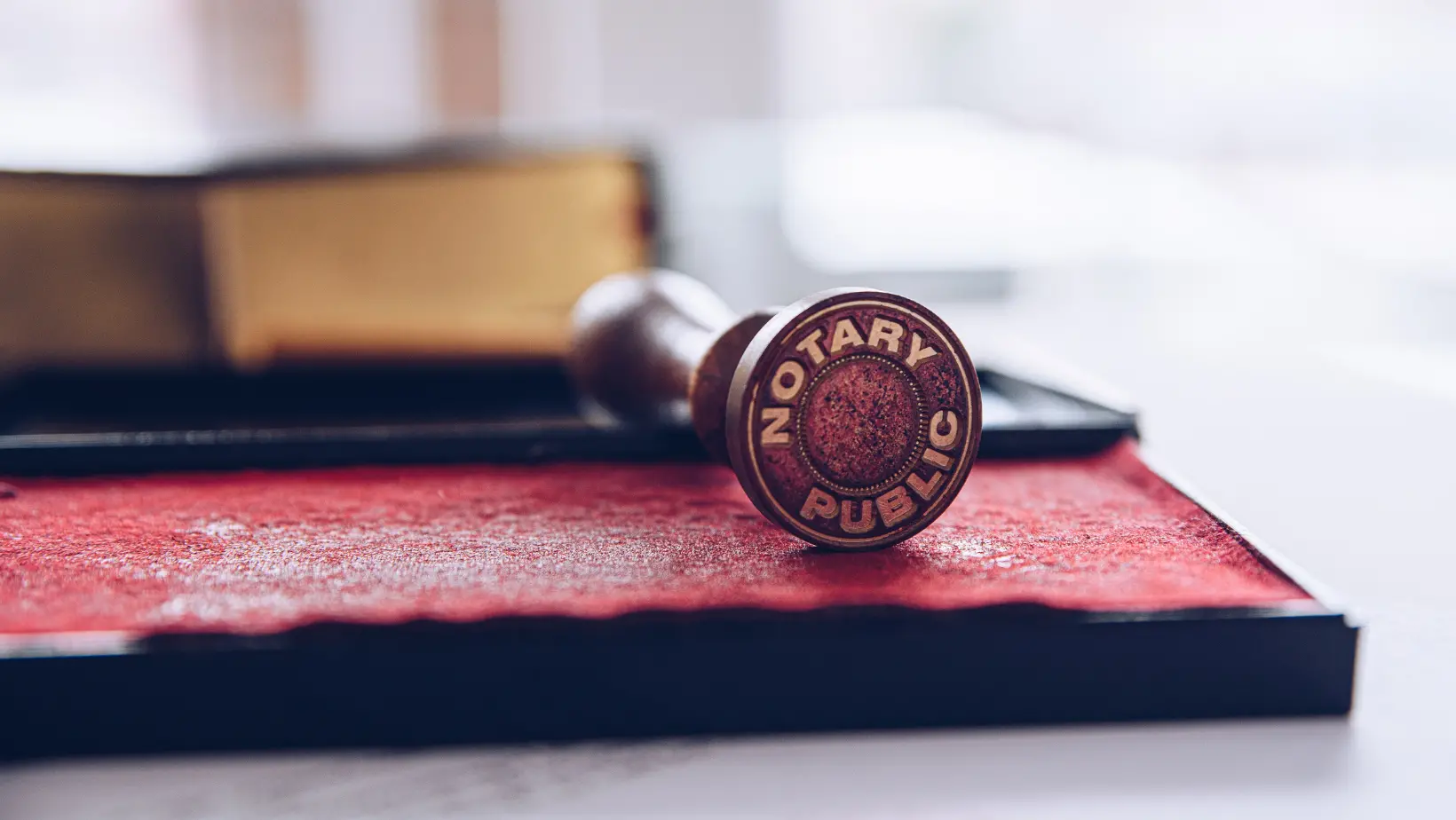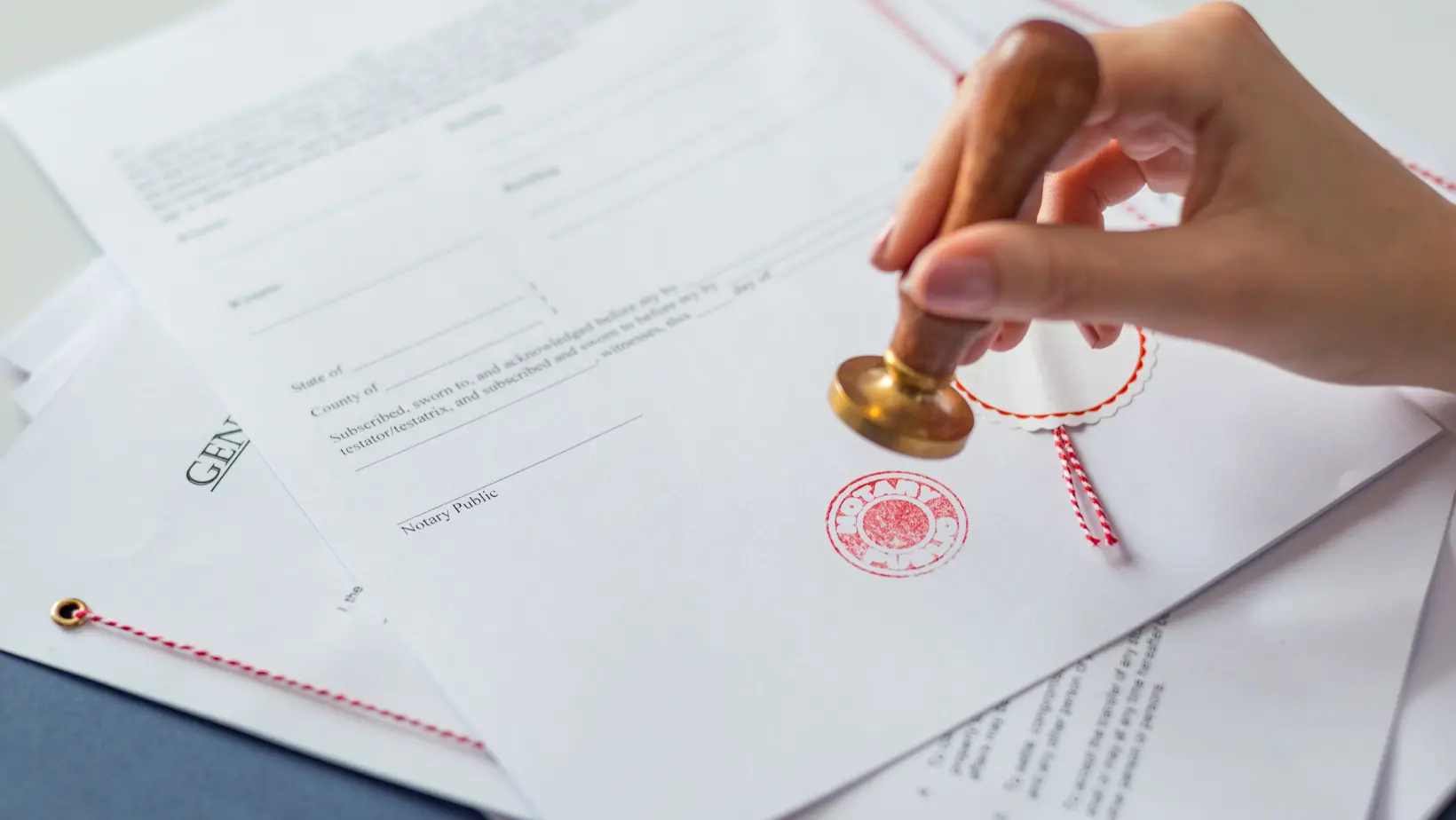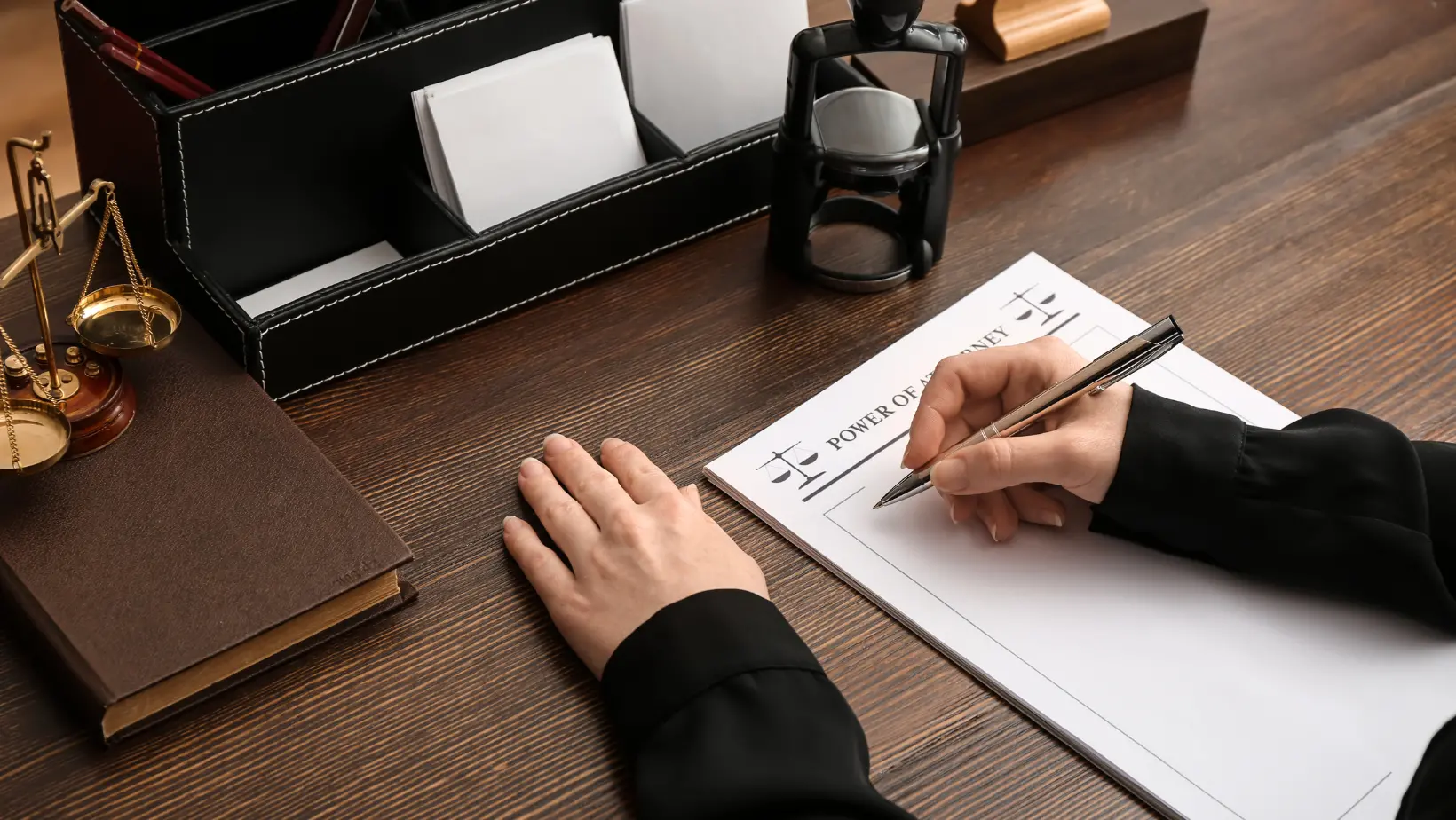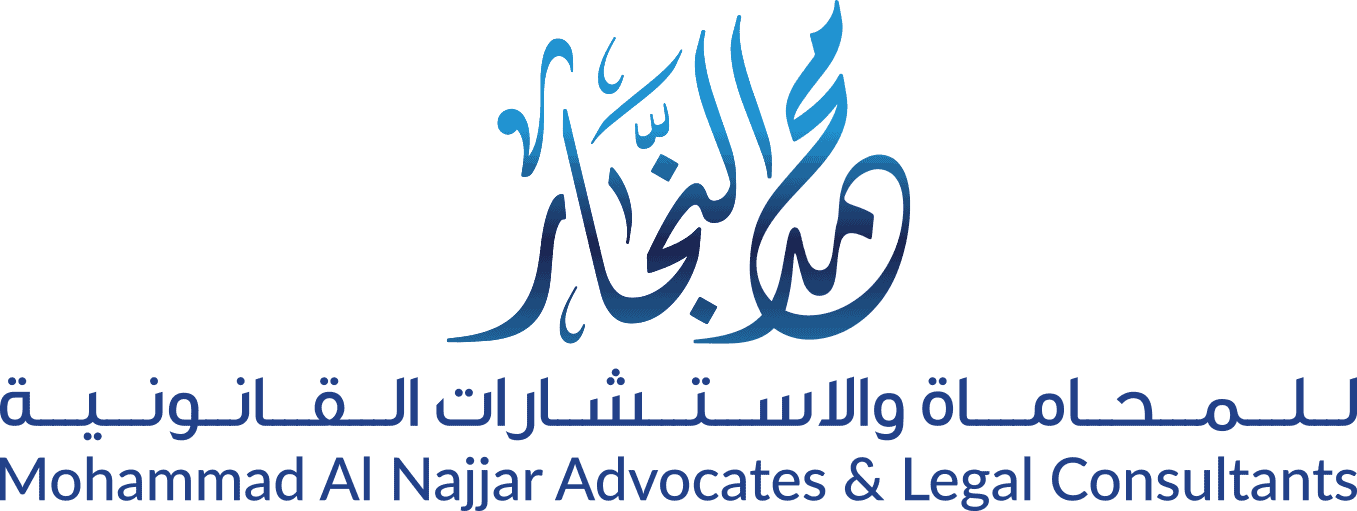Navigating the world of legal documents can be daunting, especially when it comes to the services provided by a notary public. In this all-inclusive guide, we’ll break down everything you need to know about notary public services and how they play a vital role for both individuals and businesses.
Table of Contents
- Demystifying the Role of a Notary Public
- The Remarkable Benefits of Notary Public Services
- A Step-by-Step Guide to the Notarization Process
- Frequently Encountered Documents That Require Notarization
- International Notarization: Apostilles and Legalization
- How to Find a Trustworthy Notary Public

Demystifying the Role of a Notary Public
A notary public is an impartial, state-appointed official who is authorized to perform various legal formalities such as witnessing signatures, administering oaths, and certifying copies of essential documents. Their primary responsibility is to prevent fraud by confirming the identities of parties involved in a transaction and ensuring that they sign documents willingly and knowingly.
Duties and Responsibilities
A notary public’s main responsibilities include:
- Verifying the identity of individuals signing a document
- Ensuring the signatories are aware of the document’s contents and purpose
- Confirming that individuals are signing the document willingly and without coercion
- Affixing their official notary seal and signature to the document

The Remarkable Benefits of Notary Public Services
Utilizing the services of a notary public offers several significant advantages:
Legitimacy and Trust
Having a document notarized by a notary public adds a layer of legitimacy and trust to the transaction. The notary’s seal and signature serve as verification that the signatures on the document are genuine and that all parties signed knowingly and willingly.
Fraud Prevention
One of the primary roles of a notary public is to prevent fraud by verifying the identities of the signatories. This additional layer of security helps protect all parties involved in the transaction from potential fraud or forgery.
Global Recognition
Documents notarized by a notary public are generally recognized and accepted worldwide. In cases where further authentication is required, an apostille or legalization can be obtained for international use.
A Step-by-Step Guide to the Notarization Process
The process of notarizing a document typically involves the following steps:
- Present Identification: The signatories must provide valid government-issued identification, such as a passport or driver’s license, to prove their identity.
- Review the Document: The notary public reviews the document to ensure it is complete and that all parties understand its contents and purpose.
- Sign and Seal: Once the notary public is satisfied with the document and the identification of the signatories, they will witness the signatures, affix their notary seal, and sign the document.
Frequently Encountered Documents That Require Notarization
A wide variety of documents may require notarization, depending on the jurisdiction and the nature of the transaction. Some common examples include:
- Real estate deeds and mortgage documents
- Wills and trusts
- Powers of attorney
- Affidavits and sworn statements
- Prenuptial agreements
- Business contracts and agreements
- Adoption papers

International Notarization: Apostilles and Legalization
When it comes to using notarized documents internationally, there are typically two processes that may be required: apostilles and legalization.
Apostilles
An apostille is a form of authentication used for documents that will be used in countries that are members of the Hague Apostille Convention. This streamlined process involves obtaining a special certificate that verifies the authenticity of the notary public’s signature and seal.
Legalization
For countries that are not part of the Hague Apostille Convention, a more extensive process called legalization is required. This process involves having the notarized document authenticated by various government agencies, such as the foreign ministry and the embassy or consulate of the country in which the document will be used.
How to Find a Trustworthy Notary Public
When searching for a reliable notary public, consider the following tips:
- Ask for Recommendations: Friends, family members, or colleagues may be able to recommend reputable notary public services.
- Check Online Reviews: Research notary public services online and read reviews from previous clients to gauge their reputation.
- Verify Credentials: Ensure the notary public is licensed and in good standing withtheir state’s notary governing body.
- Inquire about Experience: Look for a notary public who has experience handling documents similar to yours to ensure a smooth and efficient process.
- Compare Fees: Notary public fees may vary, so consider comparing fees from different notaries to find one that fits your budget while still offering professional service.
At Mohammad Al Najjar Advocates and Legal Consultants, we provide reliable and professional notary public services for a wide range of documents. Our experienced team is ready to assist you with all your notarization needs, ensuring a seamless and stress-free experience. Contact us today to learn more about our notary public services and how we can help you navigate the complexities of notarization.

Frequently Asked Questions About Notary Public Services
To further assist you in understanding the role and importance of notary public services, we’ve compiled answers to some frequently asked questions.
Can a notary public provide legal advice?
No, a notary public is not authorized to provide legal advice. Their role is to act as an impartial witness to the signing of documents and to verify the identities of the signatories. If you require legal advice, you should consult an attorney.
How long does a notarization take?
The duration of a notarization depends on the complexity of the document and the number of signatures required. In general, a straightforward notarization can take as little as 15 minutes, but more complex documents may require additional time.

Can a notary public refuse to notarize a document?
Yes, a notary public can refuse to notarize a document if they believe the signatories are not signing willingly, if the identification provided is insufficient or invalid, or if the document appears to be incomplete or fraudulent.
What should I bring to a notary public appointment?
When meeting with a notary public, be sure to bring the following:
- The document(s) to be notarized
- Valid government-issued identification, such as a passport or driver’s license
- Payment for the notary public’s fees
By understanding the intricacies of notary public services and their benefits, you can confidently navigate the world of legal documents and ensure your transactions are valid and secure. Trust Mohammad Al Najjar Advocates and Legal Consultants for all your notary public needs, and experience the peace of mind that comes from working with experienced professionals.




